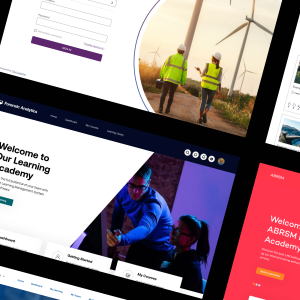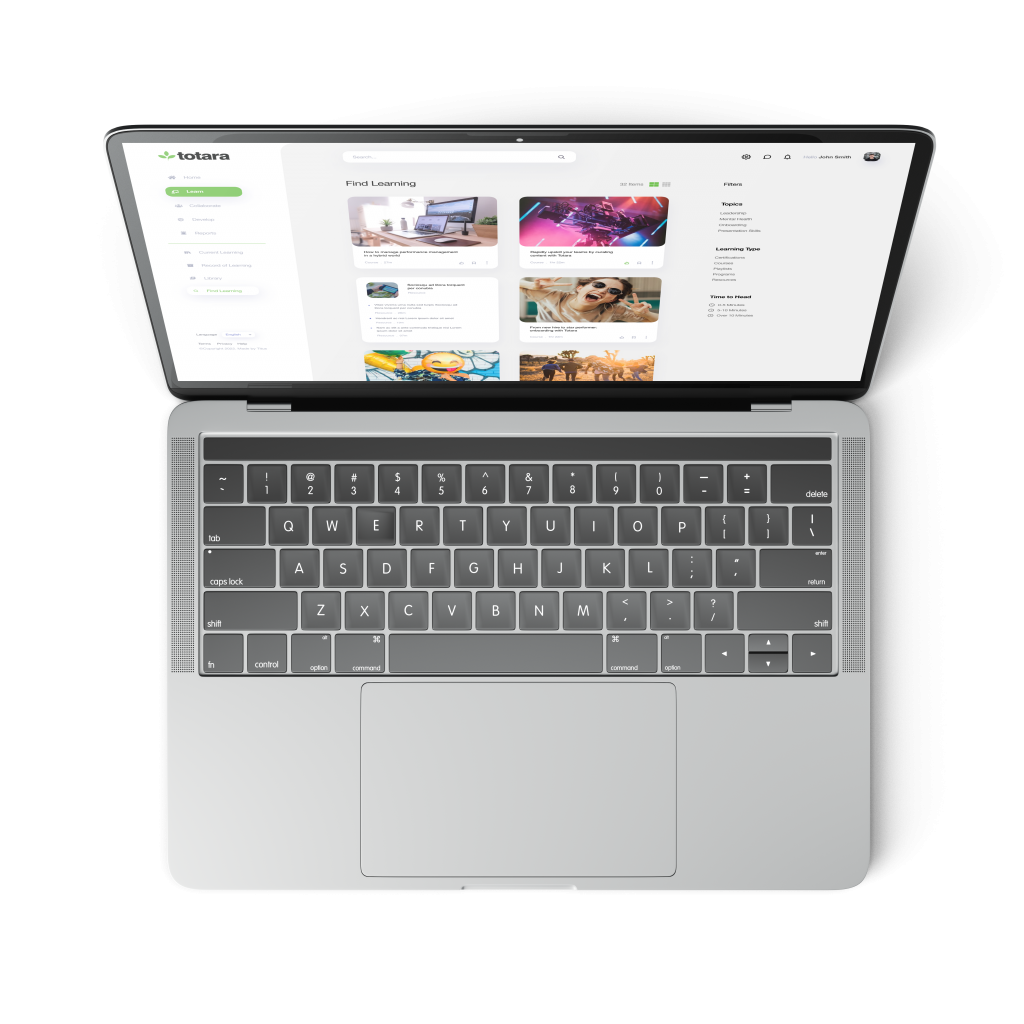As an e-learning provider, at Titus we follow the trends of technology in the classroom particularly closely. One such trend – which has been around for a number of years but is now becoming noticeably more prominent – is mobile learning.
We say a few years – mobile learning (or mlearning as it’s also known) has in fact been around since the last decade. The Wikipedia entry hints at least as far back as 2009. So what is it, why is it a vital tool for improving learning outcomes, and how can you implement it?
What is mobile learning?
Mobile learning takes learning in the classroom via technology away from desktop computers. Instead, it’s all about tablets or mobile phones. As we discussed in a recent blog post, the thought of using mobile phones and tablet devices in the classroom may go against the grain for some teachers – indeed, ten years ago phones were effectively banned from the classroom.
Today, however, mobile learning is becoming more common as it makes learning more flexible – and makes learning a more engaging experience for students.
Why should you implement mobile learning?
When we say it makes learning more flexible, we’re referring to the fact that it allows learning to be accessed anywhere, anytime.
Of course, a learning platform already allows you to provide anywhere, anytime learning to students – but with mobile learning it goes one step further.
With mobile and tablet devices come apps, and there are a great number of educational apps already available – many of them free (you can see 52 educational apps in this Teachthought blog post from last year).
Mobile devices are also hand-held and conveniently sized – your students will have them about their person at almost any point of the day, and they’ll probably spend most of their time out of the classroom on the smartphones anyway. Make their education accessible via their phone – and fun learning is a couple of taps away!
It’s these benefits that have caused mobile learning to have a significant positive effect on learning and engagement. Going back to that Wikipedia entry, we’re told mobile learning has been proven to increase exam scores from 50% to 70% – and cut the drop-out rate in technical fields by 22%.
Putting the learning in the palm of your students’ hands, and it becomes something that’s an ‘on demand’ resource – it’s an on-the-spot learning aid with answers to all the things they need to know and learn.
How should you implement mobile learning?
Implementing mlearning in your classroom is relatively easy – for a start, your students will likely take to it with ease.
However, first decide whether devices are going to be provided by you, whether you’re going to introduce a BYOD (Bring Your Own Device) policy, or both. You may find students will enjoy using their own device more – and will use it at home for learning. Some, however, may not be able to use their own device for one reason or another.
Next, you need to work out what form your mobile learning will take. Will it support other forms of learning, or be a standalone part of the education you deliver? Consider e-books, educational websites and the aforementioned educational apps as ways of delivering learning via devices.
Finally, decide upon the boundaries and accessibility. You will want to set up wifi provision in the school, if you don’t have it already. Most, if not all, providers should allow you to implement some degree of content filtering – so your students aren’t able to access what they shouldn’t be seeing.
It may be wise to test the water with mobile learning first, spending an hour or two a week learning via devices, supporting other forms of learning – researching for coursework, for example.
If the uptake is good and students are enthusiastic, you can begin to introduce it to other areas of learning. Then, keep a close eye on its positive impact on engagement and achievement!
If you need any help or advice with introducing smartphones or tablet devices to your classroom or learning plans or the services available from Titus, get in touch here.






